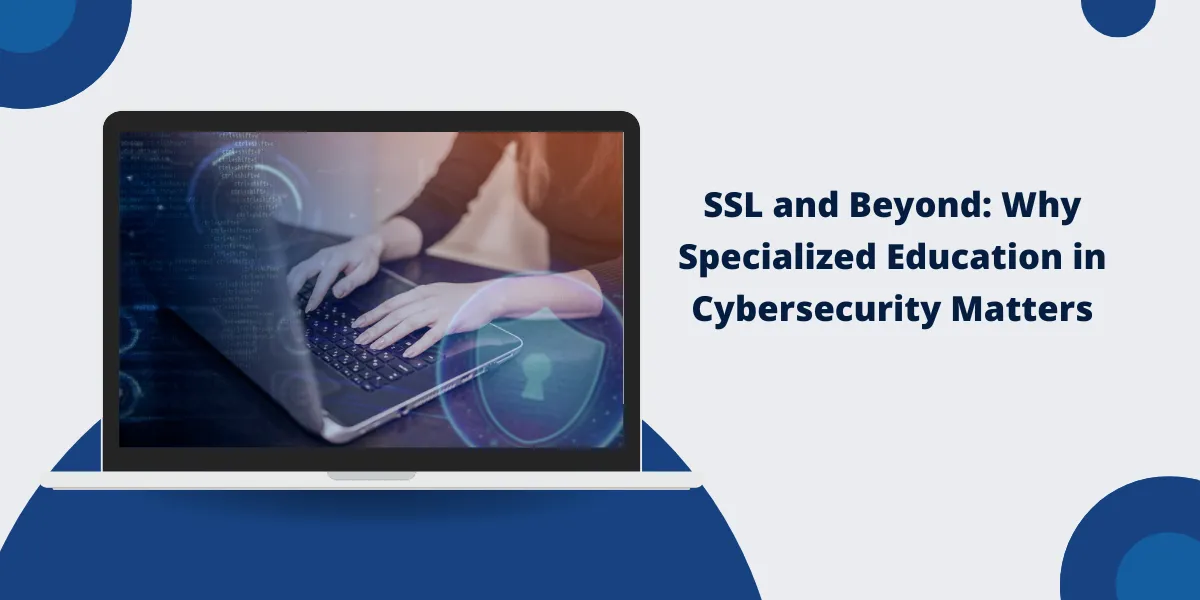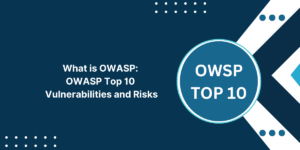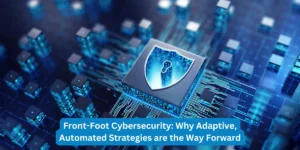Secure Sockets Layer (SSL) has become a basic part of online safety. It keeps data private and helps protect people who use websites and services every day. Yet, SSL is only one piece of a larger puzzle. The broader field of cybersecurity is growing fast, and it needs skilled professionals to keep pace with new challenges.
Many people interested in this field start by looking for reliable training. They explore resources like cybersecurity universities for structured programs. These schools offer clear paths for future experts, whether they dream of guarding multinational firms or leading small labs. But what makes these programs so valuable? And why should professionals focus on specialized learning? The answer rests in how quickly technology evolves. One layer of protection, like SSL, might look simple. But behind that layer is a world of hidden threats.
Why SSL Matters
SSL keeps private data safe by encrypting the connection between a website and its users. It is a shield against eavesdropping. Without it, attackers can read sensitive details as they travel online. This includes passwords, credit card numbers, and private messages.
But SSL is not just for big retailers or banks. Any site that handles user information can benefit from encryption. If a personal blog has a login page, it also has user data that needs protecting. Cybercriminals do not always care about the size of the site. They look for open doors. SSL steps in to lock those doors. This technology builds trust, offering a sign that the site values user safety. However, keeping that protection strong takes more than installing a certificate. It calls for people who understand updates, key management, and potential weaknesses.
Building a Strong Cybersecurity Foundation
Cybersecurity moves fast. New threats appear almost daily, while old threats evolve. Specialized programs teach students the basics of network security, encryption, and incident response. They show why layers of protection matter and how to place each layer properly.
But learning goes beyond classroom theory. Hands-on exercises help learners see how attacks happen in the real world. They practice stopping intruders and spotting weak points in systems. These lessons prepare them to design and manage secure infrastructures. Could someone learn these skills from a tutorial online? Possibly, but structured courses guide learners in a steady way, so they grasp each topic fully before moving on. Graduates from formal programs often have a better grasp of advanced security tools. This sets them apart in a job market that demands high-quality skills.
Paths to Specialized Education
Many people think cybersecurity means only one type of career. In truth, there are many routes. Some choose ethical hacking. Others prefer digital forensics or cloud security. Specialized education programs help students find their area of interest. They showcase the scope of the field while letting learners focus on topics that excite them most.
Some courses run for a few weeks. Others last for several semesters. The choice depends on a person’s goal. A short boot camp can offer a taste of security basics. A four-year degree might lead to deeper knowledge in cryptography or network defense. Professional certifications pile onto these credentials. Employers often trust recognizable names, like CompTIA Security+ or Certified Information Systems Security Professional (CISSP). A mix of formal education and certification can stand out on a resume. In such a large field, it helps to have guidance on which path aligns with natural talent.
Key Skills for a Lasting Career
Technical know-how is central in cybersecurity. Yet, the best professionals also rely on problem-solving skills. They learn to break down a complex issue into smaller parts. They test each piece until they find the main vulnerability. Security teams also need people skills. Communication with managers or clients ensures everyone understands risks and solutions. This is not easy, because security language can be full of jargon.
Research skills also matter. Attack methods change often, so experts keep reading, exploring, and studying. They attend conferences or watch industry talks to stay updated. These habits keep them aware of new hacking techniques. It is also common to join online forums or local meetups to talk with others in the field. Collaboration helps. When group members share their experiences, everyone grows their skill set. In the end, a strong mix of tech knowledge, problem-solving, and teamwork leads to success.
Beyond SSL: The Bigger Picture
In some ways, SSL is a foundation. It addresses a vital part of data protection. But real security goes further. Firewalls, intrusion detection systems, and strong access controls are just the beginning. Specialized education programs tie these concepts together. They help students see how each tool fits in a broad security strategy. This big-picture view is useful for those aiming to become security architects or managers.
Staying current with fresh developments is part of the job. One day, threats may target a phone app. Another day, they might strike a cloud platform. This dynamic field rewards those who adapt. If your software is behind, or your approach is stale, attackers will notice. That is where deep training pays off. Students learn to evaluate their systems and address potential problems before attackers act.
Real-World Case Studies
Having a theoretical view can help, but actual examples bring depth. Some advanced programs let students study real breach scenarios. They examine how companies handled the crisis or where they made mistakes. Learning from those events can spark new strategies. It can also highlight the human factor, such as employees clicking on risky links.
Look at large-scale data breaches. Often, the headlines focus on a single flaw that was missed. But behind that flaw, there may be a chain of smaller errors. Hackers look for one weak link in a system, then they spread to other parts. By seeing how breaches unfold, future experts gain an edge. They learn that simple oversights can cause big problems and that layered defenses matter.
Planning for the Future
Cybersecurity is not just another career field. It plays a critical role in modern society. Companies, governments, and communities all rely on secure networks. As devices grow smarter, from phones to cars, the importance of specialists rises too. Contraptions once viewed as basic are now entry points for data theft. Investing in formal education ensures these new gateways remain safe.
Specialized programs provide a roadmap for fresh graduates or mid-career professionals. They show how to track global threats, engage with industry experts, and stay adaptable. Where do you see yourself in five or ten years? Is there a specific area of digital defense that interests you? By asking such questions, you can plan a learning path that keeps you relevant. Continuous education offers steady advancement, as every new certificate or degree increases a candidate’s value.
Final Thoughts
SSL is one part of a larger security framework. Mastering it opens doors. But to excel in this field, a deeper dive into specialized education is key. This can set candidates apart in a competitive job market. It can also offer them the chance to work on the front lines of defense, protecting individuals and organizations from digital threats. As technology continues to evolve, training in cybersecurity remains vital. Formal study paired with hands-on practice can shape a stable and satisfying career.

Priya Mervana
 Verified Web Security Experts
Verified Web Security Experts
Priya Mervana is working at SSLInsights.com as a web security expert with over 10 years of experience writing about encryption, SSL certificates, and online privacy. She aims to make complex security topics easily understandable for everyday internet users.



